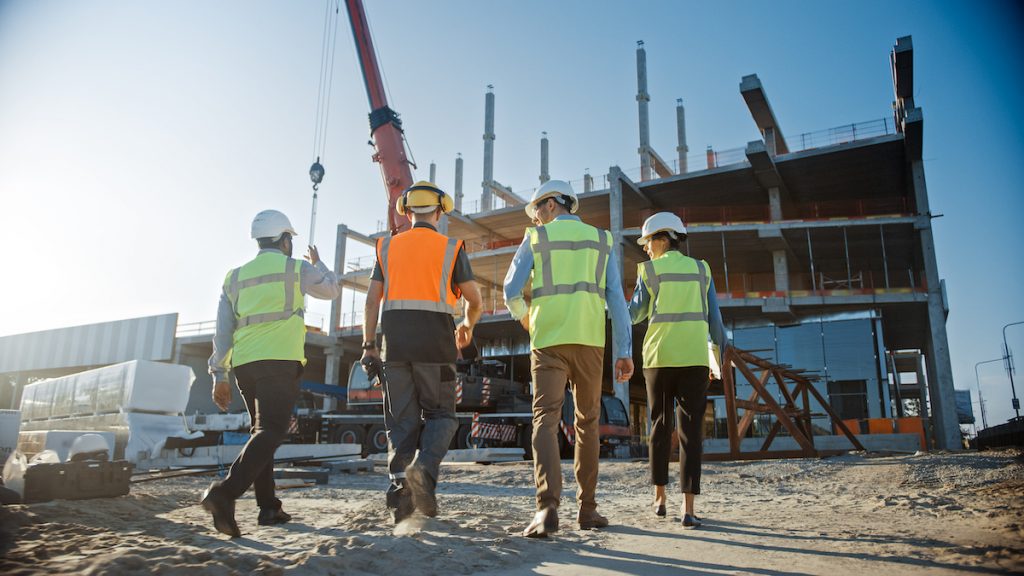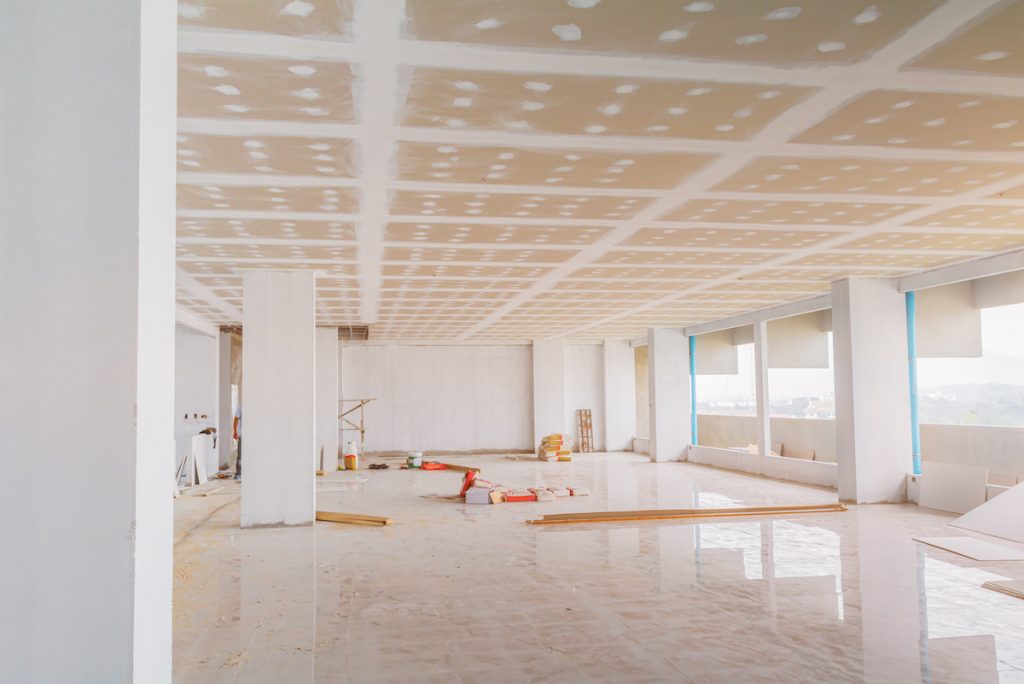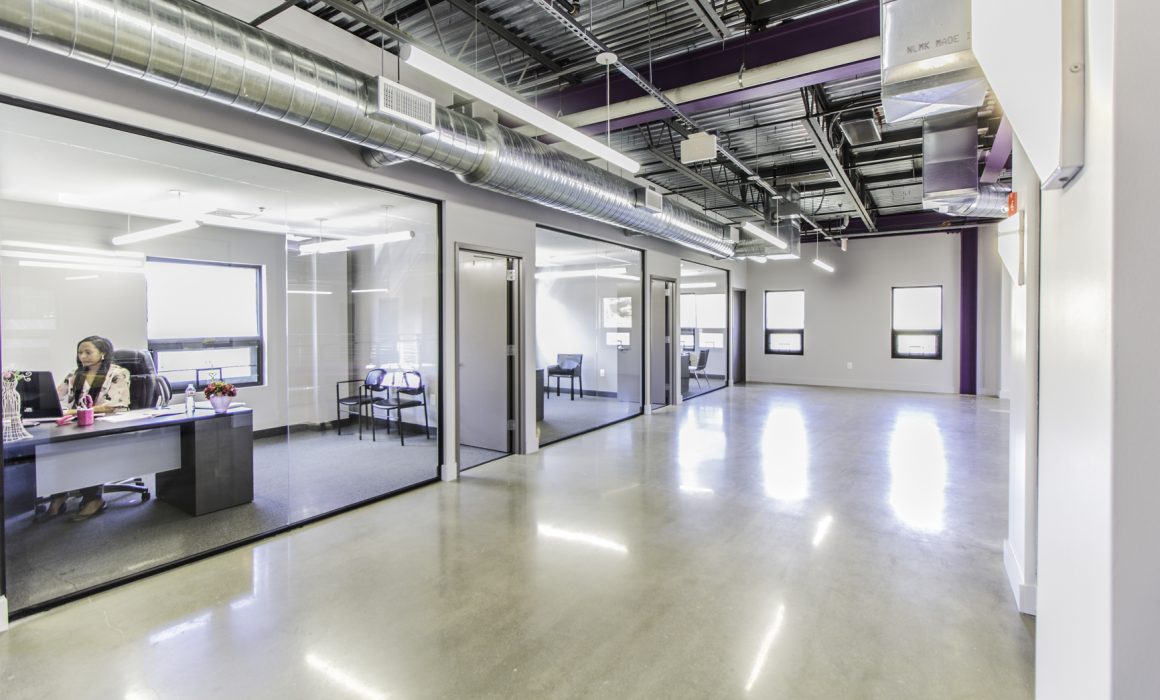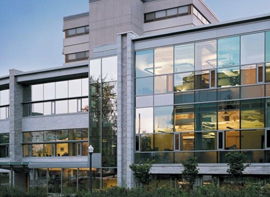What Are The 7 Stages of Construction?
The 7 Stages of Commercial Construction: What Business Owners Need to Know
If you’re a business owner, overseeing a construction project can be overwhelming. Even if you outsource the job to a contractor (which is ALWAYS recommended), understanding the different stages of a commercial construction project can help ensure you get what you paid for. In this blog post, we’ll explore the seven stages of commercial construction, the client’s role in each step, and the importance of having a reputable commercial construction contractor such as Crest Development for your project.
Stage 1: Pre-Construction

The first stage of any commercial construction project is pre-construction, or planning and design. This stage involves determining the project scope, objectives, and budget. It also includes developing a design plan that meets your requirements and expectations.
As the client, it is essential to be involved in this stage to ensure the design aligns with your needs. Communicating your budget and timeline expectations to the contractor is also crucial.
You and the contractor will work together to plan the project. The contractor will assess the site, identify potential obstacles, and determine a detailed budget. You should be heavily involved in the pre-construction phase to ensure the contractor understands your vision for the project and that the budgetary constraints are aligned.
- Permits and Approvals
Also, a part of this stage is obtaining permits and approvals from local authorities. This involves submitting plans to obtain various permits, including building permits and zoning approvals. It is vital to have a contractor who has the expertise and knowledge of all codes and permits needed for your project’s location.
Stage 2: Site Preparation
Once the planning is done, the site preparation phase kicks in. In this stage, the site is cleared of unwanted items (previous structures, landscaping, etc) and graded to ensure it’s ready for construction. This stage may include digging, laying down foundation materials, and framing. At this point, the client should communicate with the contractor to confirm that all necessary permits have been secured for construction. It’s also essential to address any potential delays that may arise in this phase and to implement PR tactics to address any concerns that may arise from the community surrounding the site.
Stage 3: Foundation
The foundation phase is when the concrete slab is poured and the walls are built. The contractor will add any mechanical elements, such as plumbing or electrical, that need to be added before the walls are closed. As the structure of the building begins to take shape, it’s crucial that as the client you are made aware of any changes that can impact the budget or timeline.
 Stage 4: Framing and Enclosure
Stage 4: Framing and Enclosure
During the framing and enclosure stage, the walls are built, the roof is put on, and the windows and doors are installed. This is an important stage because the building is now protected from the elements, allowing interior work to begin. As the interior is being worked on, you will have an opportunity to think about the layout and amenities that will be needed.
Stage 5: Rough-Ins
Rough-ins refer to the installation of all mechanical and electrical systems, including heating, and air conditioning. This step is important because it sets the stage for the installation of the utilities. Your contractor should work closely with you to optimize the use of available utilities to ensure the efficient and optimal functionality of all the building systems.
Stage 6: Finish Work

Finish work consists of all the interior activities that give the building its final form – painting, lighting, and fixture installation. This phase is where the building gets its last look before the inspection. As the client, you will want to consult with your contractor during this phase.
You will want to ensure that all the choices made fit into your desired vision for the project, and are within budget. Don’t forget to maximize the use of the space so plan strategically about your decor and furnishings.
Your project gets the final occupancy permit at the last stage of commercial construction. The local government performs this inspection to ensure the building adheres to all regulatory standards. Once the building has passed the inspection, your contractor will conduct a final walkthrough with you to ensure that everything is as expected. At this stage, your contractor will take note of necessary changes and have them corrected or adjusted within the agreed period.
Crest Development, The Chosen Commercial Retail Construction Company for New Jersey and New York

Knowing the 7 stages of commercial construction is essential for business owners to be well-informed about construction projects. Being knowledgeable about each stage of construction can help you stay more involved in the project, ensure compliance, and safeguard your investment.
While it may seem daunting to oversee a building project, especially if it is huge, choosing a reputable contractor who provides an onsite supervisor or project manager and adheres to construction schedules assures the project is completed on time and within budget. Furthermore, staying engaged throughout each stage will help you optimize the benefits of your investment that a custom-fit commercial building brings to your business operation.
At Crest Development, we understand the importance and details that go into every stage of commercial construction. The first and foremost is understanding our client’s vision and goals for their project. This can only be achieved through good communication.
We are committed to bringing our client’s vision, plan, and project to reality in a creative and custom way. Always keeping a careful eye on the budget and timeline, we work closely with our clients to deliver outstanding commercial construction services leading to projects that stand the test of time.

